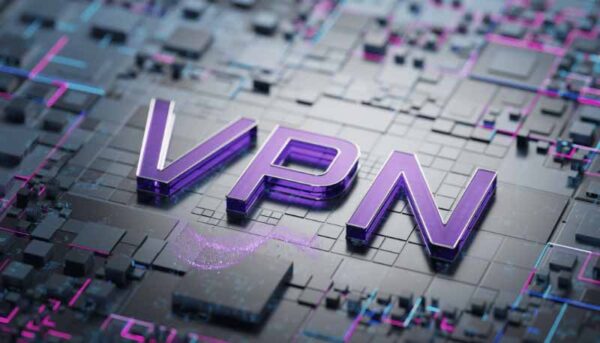With increasing concerns about online privacy, Virtual Private Networks (VPNs) have become an essential tool for protecting personal information on the internet. But what exactly are VPNs, and how do they work? This blog will explain VPNs, their benefits and drawbacks, and tips for choosing the exemplary service.
What are VPNs?
VPNs (Virtual Private Networks) create a secure connection between your device and the internet. By encrypting your data, VPNs prevent unauthorized access and keep your online activities private. This is especially important when using public Wi-Fi, where your information is vulnerable to cyber threats.
How VPNs Enhance Online Privacy and Security
When you connect to the internet through a VPN, your data is routed through an encrypted tunnel to a secure server. This process masks your IP address, making it difficult for hackers, advertisers, or even your internet service provider to track your online behavior. VPNs also help bypass geographical restrictions, allowing access to content that might be blocked in your region.
For example, if you’re traveling and want to access your favorite streaming service, a VPN can make it appear like you’re browsing from your home country, granting you access to geo-restricted content.
Advantages and Disadvantages
Advantages:
Enhanced Privacy and Security
VPNs encrypt your data, protecting it from hackers and surveillance. This is particularly important when using unsecured public Wi-Fi networks.
Bypass Geo-Restrictions
VPNs allow you to access content that may be restricted in your region by making it appear you are browsing from a different location.
Anonymity
By masking your IP address, VPNs help protect your identity online, making it harder for websites and advertisers to track your browsing habits.
Secure Data Transmission
VPNs are helpful for businesses and individuals who need to transmit sensitive data securely over the Internet.
Disadvantages:
Reduced Speed
The encryption process and the distance between your location and the VPN server can slow down your internet connection. Some VPNs are better optimized for speed than others, but it’s a common trade-off.
Potential Security Risks
While VPNs offer security, not all VPN providers are trustworthy. Some free VPNs may log your data or have weak security protocols.
Cost
High-quality VPN services often have a subscription fee, which can be a disadvantage for users looking for free solutions.
Complexity
Setting up and managing a VPN can be technically challenging for some users, especially when dealing with advanced features or troubleshooting connection issues.
Tips for Choosing a VPN Service
With numerous VPN services available, selecting the right one can be challenging. Here are some tips to help you make an informed decision:
Security Features: Look for VPNs with robust encryption protocols and a no-logs policy, ensuring your data remains private.
Speed and Performance: A good VPN should not significantly slow down your internet speed. Check user reviews and opt for services known for maintaining high speeds.
Server Locations: The more server locations a VPN has, the better. This allows you to access content from different regions and improves connection reliability. You can compare server availability in this list.
Ease of Use: Choose a VPN with a user-friendly interface, especially if you’re not tech-savvy. Some VPNs offer apps for various devices, making it easier to connect.
Customer Support: Reliable customer support is crucial if you encounter any issues. Look for VPNs that offer 24/7 support via chat or email. This article outlines some VPNs with top-notch customer service.
Cost: While free VPNs are available, they often have limitations or security risks. It’s worth investing in a reputable paid service for better features and reliability. Compare pricing of top VPN services to find the best fit for your needs.
Conclusion
In summary, VPNs are valuable for enhancing online privacy and security. They protect your data from prying eyes and give you access to restricted content. When choosing a VPN, consider security features, speed, server locations, ease of use, customer support, and cost. With the right VPN, you can browse the internet safely and privately.
Learn more about VPN and other technology by taking our courses




